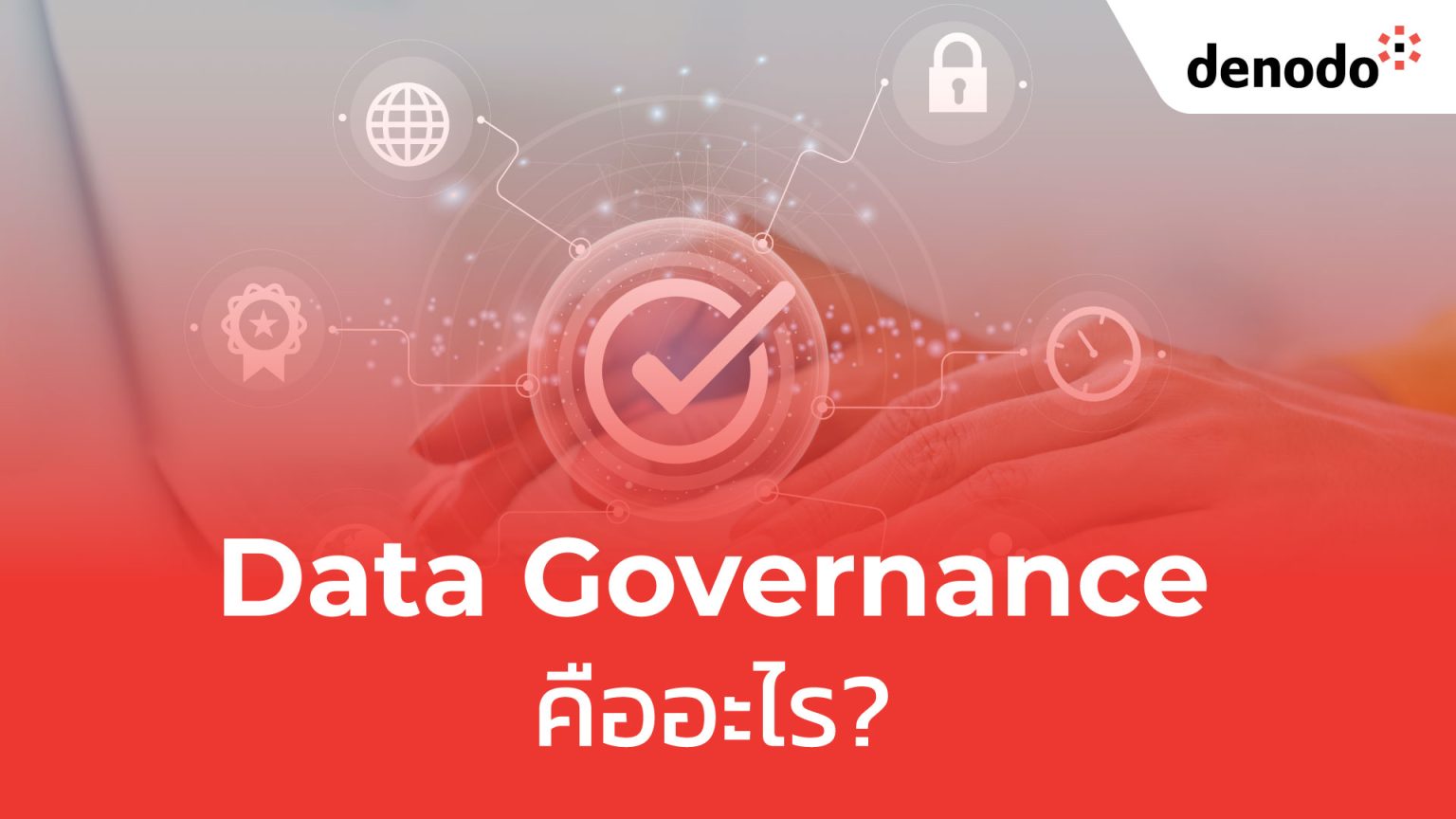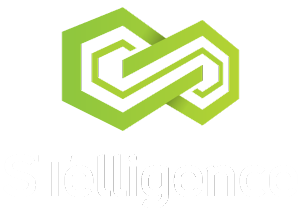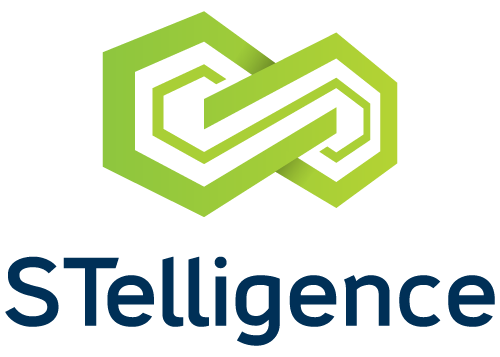
What is Data Governance?
Data governance is a method of setting up an organization’s data management, usage, integrity, and security through predefined rules and processes.
The highlights of data governance through the use of data virtualization are:
Consistency in policy enforcement: By consolidating dispersed data sources both internally and externally, organizations can enforce consistent policies regarding data access and security.
Ease of cross-border information sharing: Data virtualization enables companies with global branch expansions to conveniently gather data and enforce cross-border regional policy compliance without the need for data movement or duplication.
Error-free data lineage analysis: For industries reliant on regulatory compliance for success, data virtualization has become a critical component of organizational data architecture, ensuring accurate and compliant data lineage analysis.
The goals of data governance include:
Data Security: Protecting privacy and data security through pre-planned processes.
Data Privacy: Structuring systems efficiently to manage data and ensure that data is clean through filtration and obtaining proper consent from data owners.
Data Quality: Ensuring standardized, accurate, complete, and real-time data entry and reporting processes.

